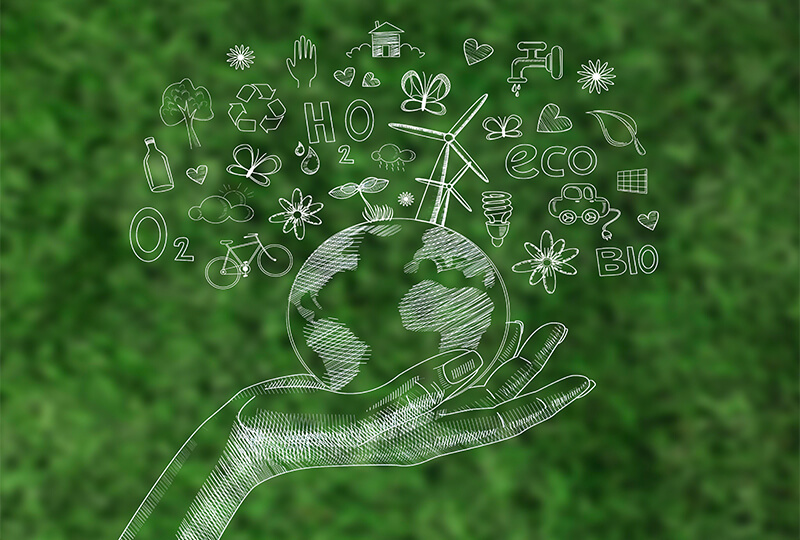Eco-technology and Sustainability

Basic Principles of Eco-technology and Technological Innovations
In recent years, as global environmental issues have become more serious, eco-technology and sustainability have been gaining attention. These concepts aim to promote environmentally-friendly technological innovations to enhance efficient resource utilization and minimize emissions. Examples include the development of next-generation clean energy technologies and the widespread adoption of energy-efficient and low-carbon technologies. Solar power and wind energy are prime examples, with advancements in these technologies leading to increased shares of renewable energy. Furthermore, advancements in energy storage technologies and smart grids are enabling efficient energy utilization and supply management.
Expansion of Renewable Energy and its Impact on Local Communities
The expansion of renewable energy also significantly impacts local economies. For instance, the installation of local wind farms and solar panels creates employment opportunities and stimulates local economic growth. Moreover, advancements in energy self-sufficiency contribute to enhanced energy security. The use of renewable energy in rural areas and islands also enhances the sustainability of local communities.
The Importance of Circular Economy and Resource Recycling
The circular economy focuses on efficient resource utilization and recycling as a sustainable economic model. This approach reduces waste and promotes resource reuse, enabling sustainable global resource management. Specific initiatives include advancements in recycling technologies, improvements in product design to extend product lifecycles, and energy recovery from waste materials. Japan, for example, has implemented policies aimed at reducing plastic waste and increasing the use of renewable materials to achieve a circular economy.
Technological Innovations and Social Impact
The advancement of eco-technology has far-reaching social impacts beyond technological innovation. The transition to a low-carbon society is expected to improve public health environments and alleviate energy poverty. Additionally, the expansion of environmentally-conscious products and services enhances corporate competitiveness and drives changes in consumer behavior. This promotes sustainable consumption and production, fostering a healthier economic society.
In conclusion, eco-technology and sustainability are essential elements for securing a sustainable future. Advances in technology and policy implementation create pathways to achieve economic growth while protecting the global environment. International cooperation and community engagement are crucial for effective environmental protection and resource management. Each individual's commitment is vital in realizing a sustainable future.